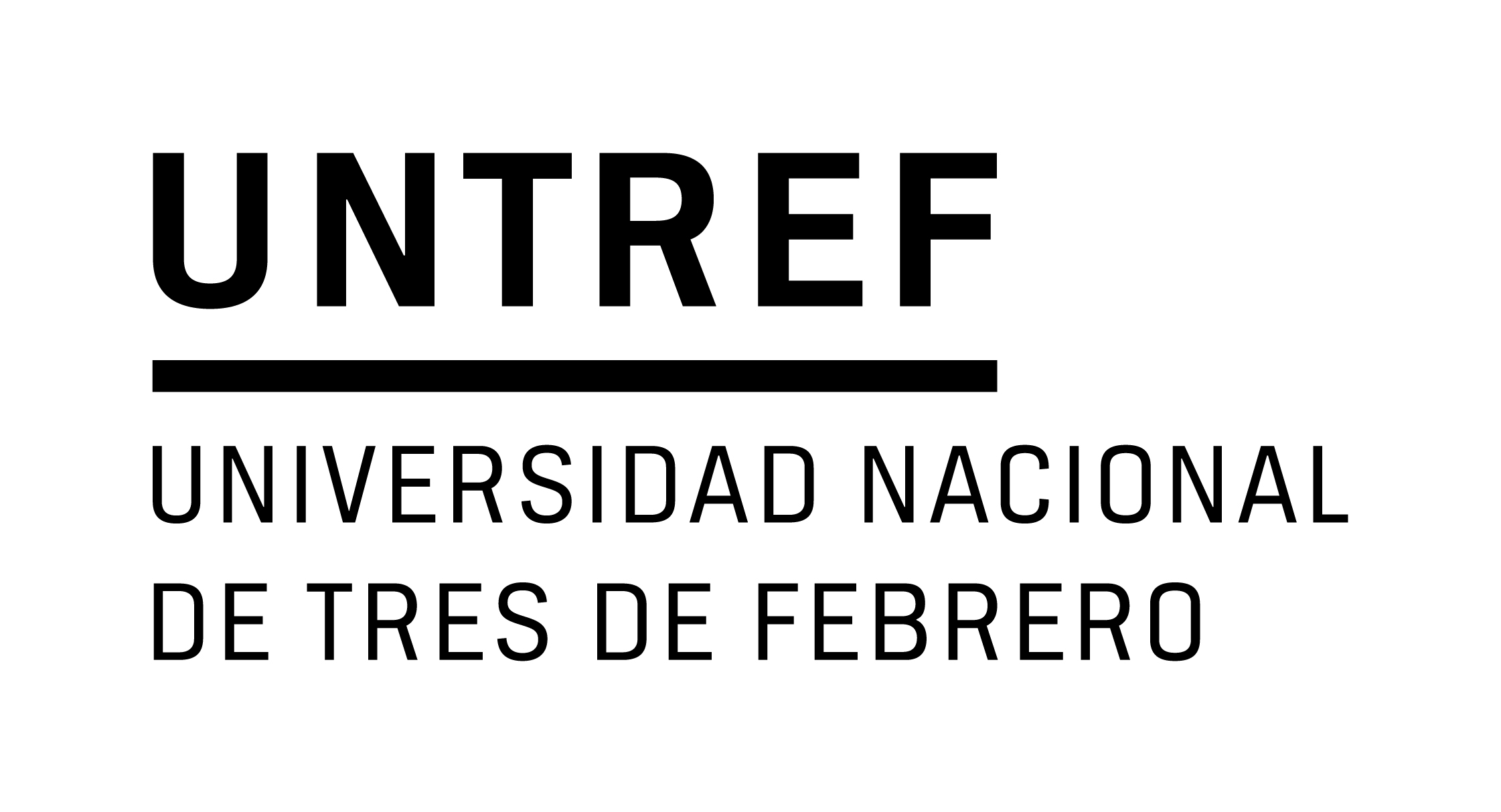Bringing the gold standard into the classroom : replication in university teaching
Por: Janz, Nicole .
.
Tipo de material:  Artículo Tipo de portador: ImpresoTema(s): RELACIONES INTERNACIONALES
Artículo Tipo de portador: ImpresoTema(s): RELACIONES INTERNACIONALES| Tipo de ítem | Ubicación actual | Signatura | Info Vol | Estado | Notas | Fecha de vencimiento | Código de barras | Reserva de ítems |
|---|---|---|---|---|---|---|---|---|
| Publicación Periódica | Biblioteca UNTREF - Sede Posgrados | H327/PER (Navegar estantería) | Vol. 17, no. 4 (nov. 2016) | Disponible | ACK | 2.009563 |
Reproducibility is held to be the gold standard for scientific research. The credibility of published work depends on being able to replicate the results. However, there are few incentives to conduct replication studies in political science. Replications are difficult to conduct, time-consuming, and hard to publish because of a presumed lack of originality. This article sees a solution in a profound change in graduate teaching. Universities should introduce replications as class assignments in methods training or invest in new stand-alone replication workshops to establish a culture of replication and reproducibility. This article will first discuss the benefits of conducting replications. The main part will focus on concrete steps in integrating replication in the classroom, from selecting a paper to final manuscripts. Drawing on the author's own teaching experience as well as that of others, particular emphasis will be on the pitfalls and challenges of letting students replicate work, as well as potential criticism. Only if universities nurture a reproducibility and replication culture can we ensure that the gold standard of reliable, credible, and valid research is not just an empty phrase.
